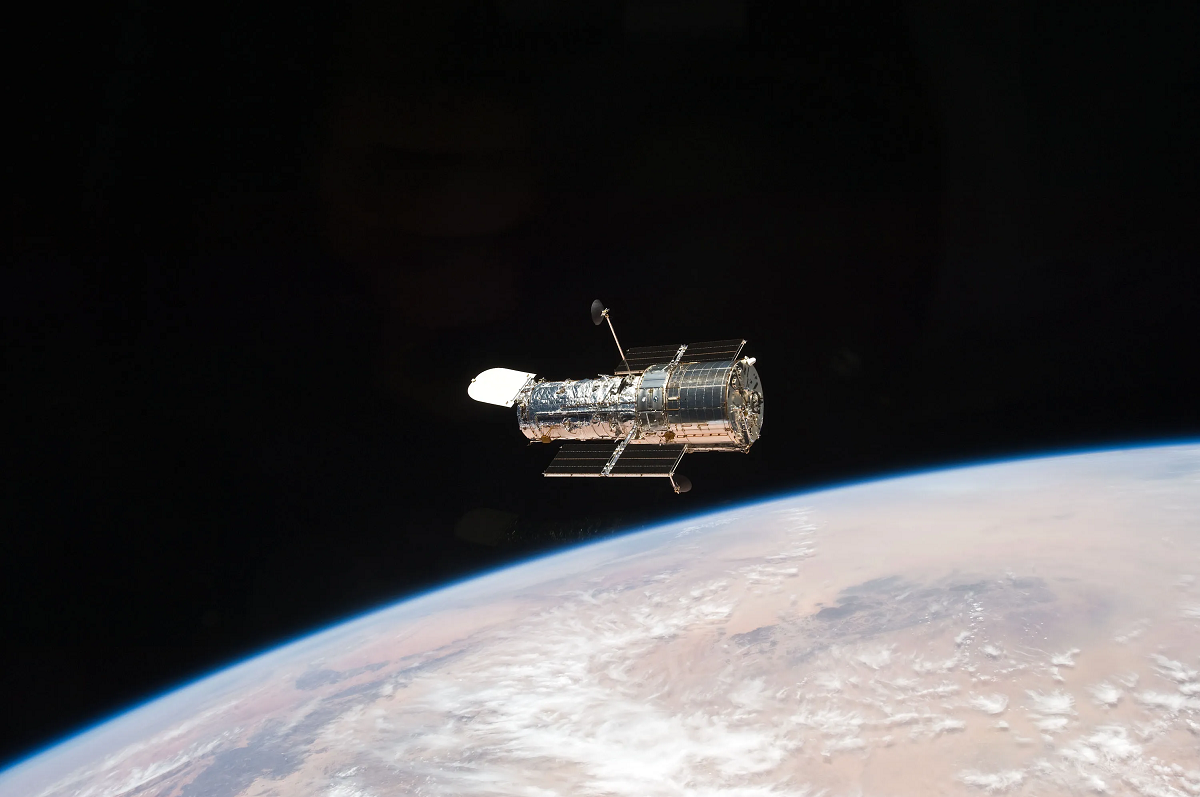Jitendra Singh, the newly appointed Minister of State (Independent Charge) of the Ministry of Science and Technology, has unveiled an ambitious roadmap aimed at revolutionizing India’s science and technology sectors. Singh, who also serves as the Minister of State (Independent Charge) of the Ministry of Earth Sciences (MoES), brings extensive experience from his tenure as a Member of Parliament for the Udhampur Lok Sabha constituency. His plan emphasizes a comprehensive overhaul of the Council of Scientific and Industrial Research (CSIR), bolstering the bio-economy, and providing significant support for start-ups.
Revamping CSIR for Greater Impact
A key priority in Singh’s agenda is the revamp of the CSIR, India’s premier research and development organization. Established in 1942, CSIR operates a network of 38 laboratories and 39 field stations nationwide, conducting cutting-edge research in fields such as aerospace, biotechnology, and environmental engineering. Singh stressed the importance of enhancing CSIR’s efficiency and impact. “Plans are in place to revamp CSIR to increase its efficiency and contribution to the country’s progress,” he stated.
Despite CSIR filing over 200 patents in 2023, only a small fraction were commercialized. The government aims to improve this by streamlining processes within CSIR to ensure more innovations reach practical application.
Boosting the Bio-Economy
Singh also identified the bio-economy as a crucial area for development. This sector, which encompasses biotechnology, biofuels, and other biologically-derived products, has seen substantial growth. The bio-economy not only drives innovation but also contributes significantly to economic growth and environmental sustainability. From $44 billion (₹52,752.81 crore) in 2019, India’s bio-economy is projected to reach $150 billion (₹1,798,561.15 crore) in 2023. “The bio-economy has grown manifold, and the progress will continue in this term,” Singh affirmed.
Supporting Start-Ups
Another major focus is the support for start-ups, reflecting the government’s commitment to fostering innovation and entrepreneurship. The number of start-ups in India has surged from 350 in 2014 to 1.5 lakh in 2024, with over 110 unicorns emerging. Singh attributed this growth to favorable policies and support mechanisms introduced under the Modi administration. “Start-ups are vital to our economic future, and we will continue to support them through various initiatives,” he noted.
Data from the Department for Promotion of Industry and Internal Trade (DPIIT) shows that Indian start-ups have attracted over Rs 6,500 crore in funding between 2014 and 2024, spurring innovation and job creation across sectors like fintech, healthcare, and e-commerce.
Technological Advancements and Innovation
The government is committed to continuing the introduction of new technologies aimed at improving the quality of life for Indian citizens. Innovations such as AI-driven healthcare and advanced road construction technologies have already made significant impacts. Singh reiterated this commitment: “The government has previously introduced new technologies, such as AI-driven healthcare and road construction technology, which have brought ease of living for citizens. This mission will continue for the next 20 years as we move towards 2047,” he said. The introduction of the Anusudhan National Research Foundation (NRF) legislation is a testament to India’s aspirations to be a leader in science and technology.
Strategic Focus on Space and Earth Sciences
In the space sector, Singh highlighted India’s remarkable achievements, including the successful landing of Chandrayaan-3 on the moon’s south pole and progress towards the Gaganyaan mission, India’s first human space flight. “India’s esteem has risen due to its achievements in space,” Singh remarked.
He also underscored the significance of earth sciences in tackling global challenges such as climate change and natural disasters. “The challenges facing our planet demand bold action and scientific innovation. We must harness the potential of earth sciences to foster sustainable development and safeguard our people,” he said. M. Ravichandran, Secretary of MoES, echoed these sentiments, emphasizing the ministry’s readiness to undertake transformative initiatives. “The Ministry of Earth Sciences is poised to embark on initiatives aimed at unlocking the potential of our planet’s resources sustainably and addressing challenges that cater to the needs of our citizens, keeping them informed and building community resilience,” he stated.



